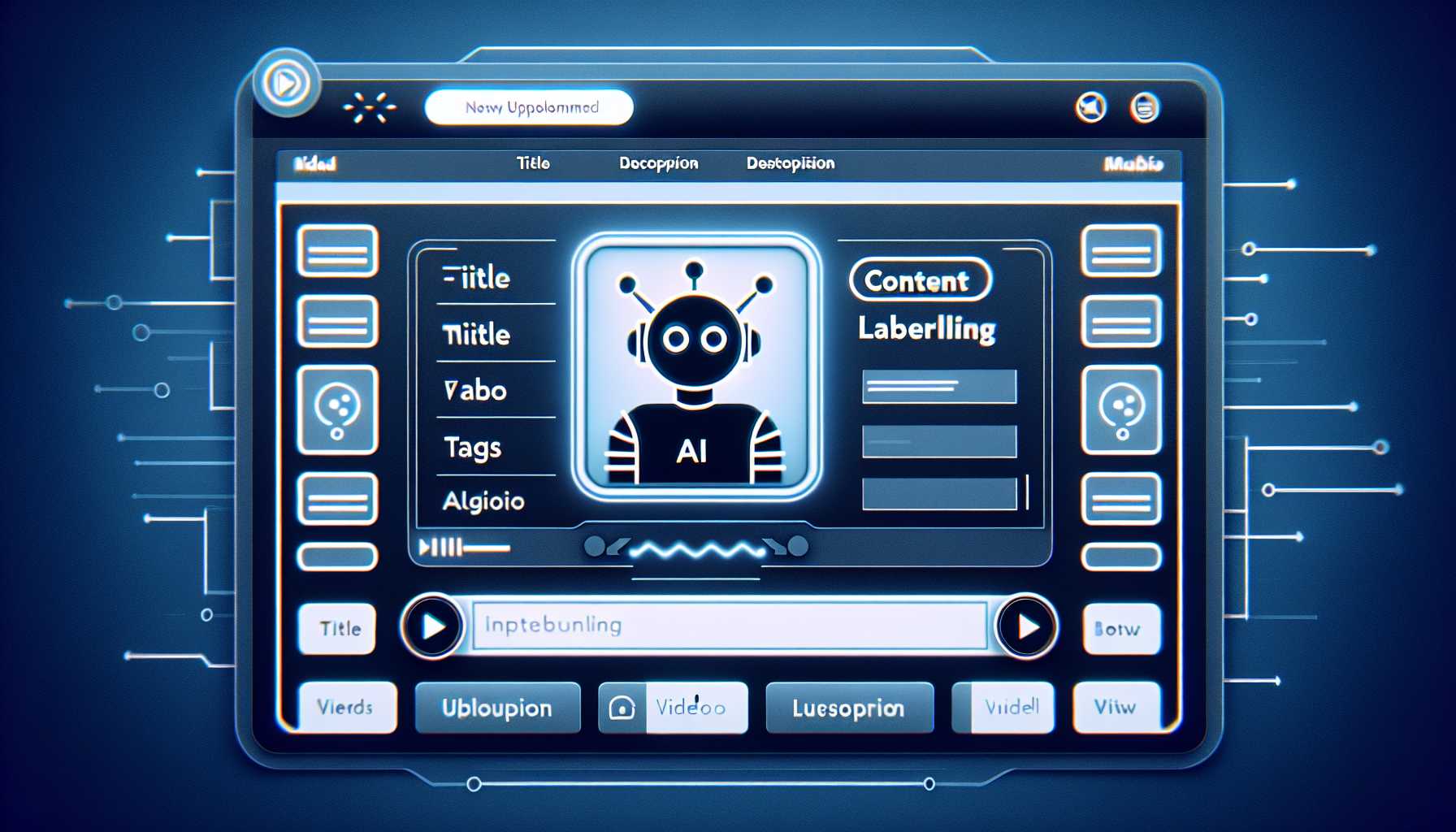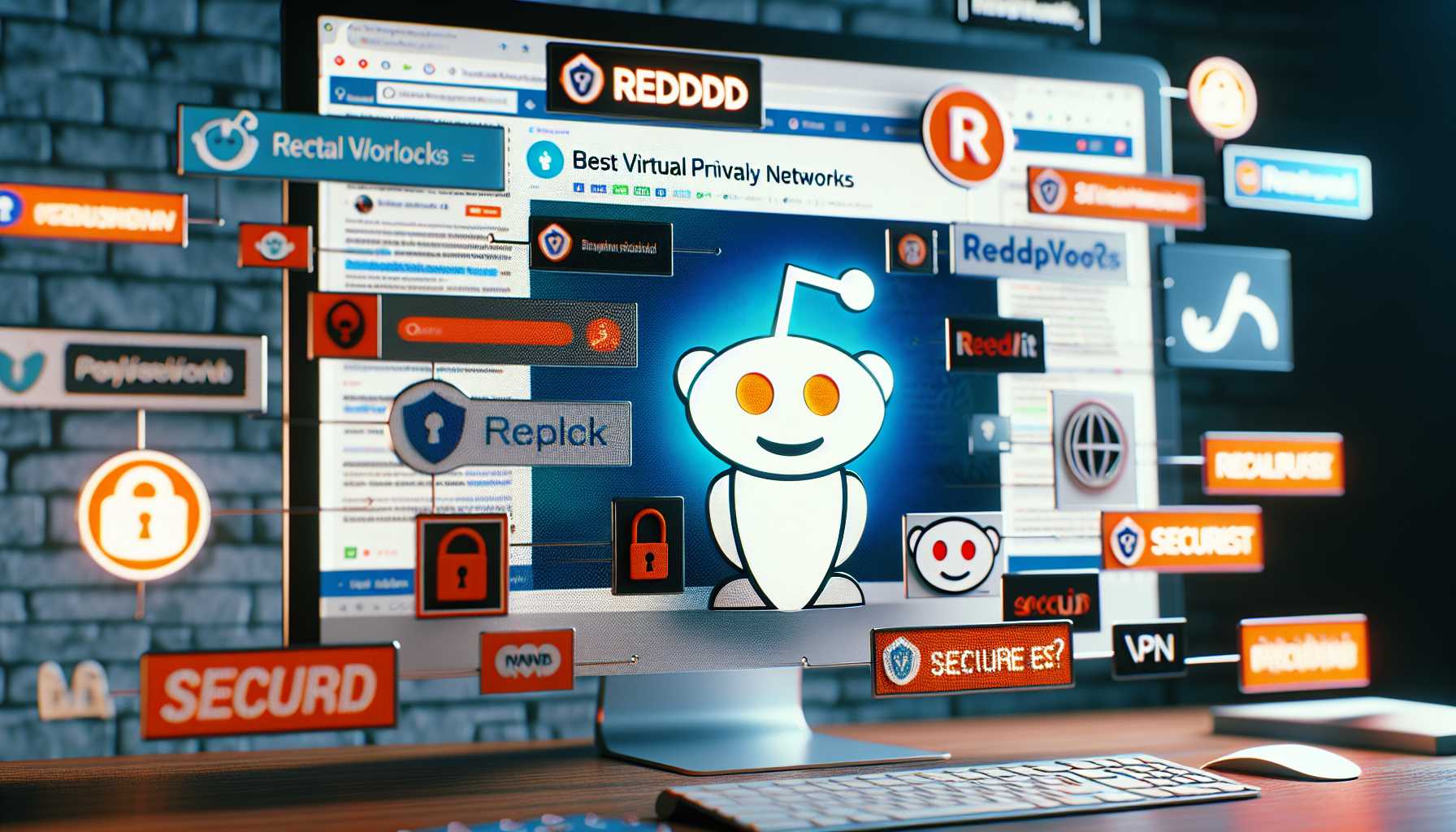AI on Trial: YouTube’s Transparency Crusade
Once upon a digital time, the difference between reality and CGI was as clear as 4K resolution. But now, the lines aren’t just blurred—they’re downright smudged. In an epic plot twist, YouTube, the colossus of video sharing, has unveiled its latest ruse: a mandatory labeling system for AI-generated content. So, if you’re a creator who’s artfully mastered making politicians sing pop hits or crafted a synthetic tornado ripping through a CGI town, you’re now in the spotlight! It’s a digital quarrel between artistic liberty and ethical transparency, as YouTube plays the sheriff in this Wild West of deepfakes and synthetic media.
But here’s where it gets juicier: beauty filters and your favorite unrealistic animations are safe from this Dragnet. The crackdown targets only seemingly realistic AI wizardries. While it’s a step for digital honesty, critics argue that the technology to correctly spot such fakery is about as accurate as shooting an arrow blindfolded. The honor system is the crux, and YouTubers must pinky promise to uphold virtue in their craft. As a stakeholder in the tech crystal ball, the move is a chess piece in the governance of AI-created content. Will it be enough? Or shall we see the uprising of indistinguishable bots hosting our favorite shows?
The Specter of AI Deceit in the Electoral Spectrum
Fasten your seatbelts, policymakers and digital denizens, as we hurtle towards the heaving precipice of the next U.S. presidential election. YouTube has issued a forewarning with its new AI-content labeling policy: ‘Truth or Consequences’. It’s no secret that the artifice-engineered deepfakes wield the power to sway elections and fracture realities. Echoing the sentiments of experts, these synthetically stitched video fabrics threaten the very fabric of trust in media and democracy’s framework. Content creators, consider this your engraved invitation to disclose your digital alchemy. Through this lens, YouTube is crafting a semblance of a sanctuary or perhaps erecting a fortress to safeguard against deceitful digital doppelgangers.
The Hack Heard Round the Esports World
When victory is but a click away, where do lines blur between elite skill and digital trickery? Welcome to the shocking world of esports, where winning is everything—until the game plays you. The Apex Legends Global Series was the latest casualty in the ongoing war against unfair play, with a live-streamed hack unexpectedly gifting competitors nefarious superpowers like wallhacks and aimbots. Cue histrionics and hands thrown up in disbelief as the tournament ground to a halt. And while the anti-cheat guardians, Easy Anti-Cheat, assure us the metaphorical castle is breach-free, one can’t help but react with skepticism. In the digital gladiator arena, where stakes are high, and glory is but a pixel away, the treacherous labyrinth of cyber-security remains an enigmatic beast.
Cyber Woes: Fujitsu’s Digital Dystopia
The plot thickens beyond the virtual gaming battlefields into the sprawling maze of global cyber infrastructure as the technology titan Fujitsu paints a grim scene from the cyber noir. Malware had its merry way with the company’s work computers, a move akin to a digital heist straight out of a techno-thriller novel. Personal and customer data danced on the precipice of theft, waving a red flag for other tech juggernauts to shore up their digital defenses. As a tech investor, one takes note: the aftermath is not just PR wildfire to be doused but a stern wake-up call to bolster our cyber fortifications.
Privacy Paranoia: Should You Trust a VPN?
Imagine your online existence naked to the world’s prying eyes—quite the modern horror story. Enter the brave knights of cybersecurity, the VPNs (Virtual Private Networks), promising digital salvation through encrypted tunnels. But as Reddit’s vigilante tech connoisseurs opine: not all VPNs don the same shining armor. The tech literati have spoken, weighing in on app compatibility, legal jurisdiction, kill switches, and DNS leaks. And let’s not forget the holy grail of VPN virtues: the ability to binge-watch content from a buffet of international libraries. But tread carefully, my fellow netizens, as free VPNs are painted with a brush of suspicion. The mantra echoes: you often get what you pay for.
As we voyage through the turbulent sea of truth and trickery, the siren calls of fake content, hacks, and cyber threats grow louder. Whether we navigate successfully or crash upon the rocks of deception relies on our collective compass—transparency, vigilance, and a dash of digital literacy.




